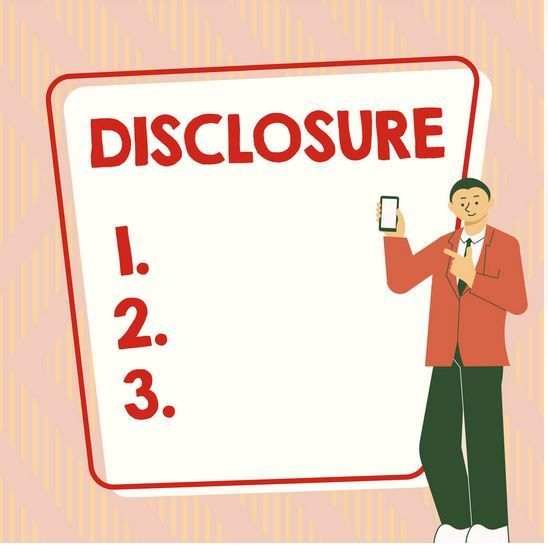Understanding Short Sales: Key Insights for Vermont Property Sellers

A short sale in real estate refers to the process where a property is sold for less than the amount owed on the mortgage. This situation typically arises when a homeowner is facing financial hardship and cannot maintain mortgage payments. Short sales offer an alternative to foreclosure, which can be more detrimental to a homeowner's credit and financial standing.
From a Seller's Perspective, the first step in a short sale process is establishing that you are experiencing a verifiable financial hardship. This requires you to contact your lender to seek approval for a short sale. The lender's consent is crucial since they agree to accept less than the total amount owed on your mortgage.
Once you have the lender's approval, the property is listed for sale. This involves setting a price, often guided by a real estate agent experienced in short sales, and marketing the property. The goal is to attract a buyer willing to purchase the property under the terms of a short sale.
Because a short sale requires the approval of the lender, the purchase and sale contract should include a short sale contingency. A short sale contingency refers to a clause in a purchase and sale agreement that makes the sale contingent upon the seller's lender approving the sale under short sale terms. This approval is not guaranteed and can take time, often several weeks or months.
For the buyer, a short sale contingency allows them to back out of the transaction without penalty if the lender does not approve the short sale or if the approval process takes too long. This protects the buyer from being locked into a purchase agreement indefinitely while waiting for lender approval.
Short sales are known for their lengthy process. Lenders may take an extended period to respond to a short sale request, leading to uncertainty and delays in closing the sale.
The lender, upon reviewing a short sale proposal, may counteroffer with different sale terms, such as a higher purchase price. The buyer and seller must then decide whether to accept the lender’s terms.
If the lender approves the short sale, they may still hold the seller responsible for the deficiency, which is the difference between the sale price and the mortgage amount owed. Whether this deficiency is waived is a critical aspect of the lender's approval process.
If your lender forgives any part of your mortgage debt, you'll likely receive a Form 1099-C (Cancellation of Debt), which shows the amount of debt forgiven. This amount needs to be reported on your tax return.
The income tax consequences for a seller in a short sale can be significant and complex. When a lender forgives the remaining balance of a loan (the deficiency) in a short sale, the IRS may consider this forgiven debt as taxable income.
Historically, under the Mortgage Forgiveness Debt Relief Act, homeowners were able to exclude forgiven mortgage debt from their income, under certain conditions, for their primary residence. However, this Act has undergone changes and renewals over the years, and its current status can vary. You would need to consult the latest tax laws or a tax professional to determine if this relief is available.
Understanding a short sale contingency is essential for both buyers and sellers in a short sale transaction. Buyers should be prepared for a potentially long and uncertain process, while sellers should be aware of the implications of lender approval and the possibility of being held liable for any loan deficiencies. Legal and real estate professionals can provide valuable guidance throughout this complex process.










